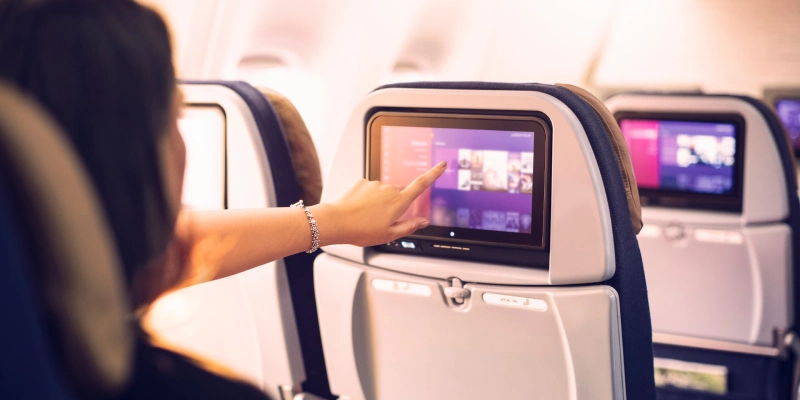The European Union has intensified its sanctions against Moscow, focusing on airlines that operate domestic flights in Russia. According to the European Commission, the latest sanctions package, the 16th, includes a ban on airlines from third countries flying to the 27-nation bloc if they operate domestic flights within Russia. This measure aims to increase pressure on the Russian aviation industry amid current geopolitical tensions.
Scope of Sanctions and Additional Restrictions
In addition to the aviation restrictions, the sanctions package prohibits the import of primary aluminum and the sale of video game consoles to Russia. It also includes the listing of a cryptocurrency exchange platform and several vessels belonging to the so-called “shadow fleet,” used to circumvent international sanctions.
The flight ban not only affects airlines operating domestic routes in Russia but also those supplying aviation goods to Russian airlines or for domestic flights within the country. The European Commission clarified that if a company is included in the sanctions list, it will not be able to operate flights to the European Union.
→ Lufthansa Launches New Innovative Baggage Collection and Check-in Service
Russia’s Aircraft Shortage Strategies
In response to these restrictions, Russian authorities are considering allowing foreign airlines to operate domestic flights between Russian airports. This measure aims to alleviate the aircraft shortages faced by national companies due to Western sanctions.
Russia’s Transport Minister, Roman Starovoit, revealed in October that Moscow was in talks with some Central Asian countries, including Kazakhstan, for their airlines to manage domestic flights within Russia. However, the Russian Transport Ministry has not issued official comments on the European Union’s new measures.
Impact on the Russian Aviation Industry
Russian airlines, which mostly use Western aircraft acquired before the conflict in Ukraine, are struggling to meet the growing demand for air travel. Sanctions have limited their access to spare parts, while plans to manufacture domestic aircraft have faced continuous delays.
This situation places the Russian aviation industry in a complex scenario, as it must find creative solutions to maintain its operations while facing technological and logistical restrictions.
Related Topics
Copa Airlines Expands Capacity in Venezuela: 17 Weekly Frequencies Between Panama and Caracas Starting in March
Rutaca Airlines Resumes Flights Between Caracas and Punta Cana Starting in March
LATAM Suspends Lima-Havana Flights Due to Fuel Supply Crisis in Cuba
LATAM Recognized for Third Time by APEX as Airline with “Best Inflight Entertainment in South America”

Plataforma Informativa de Aviación Comercial con 13 años de trayectoria.




